


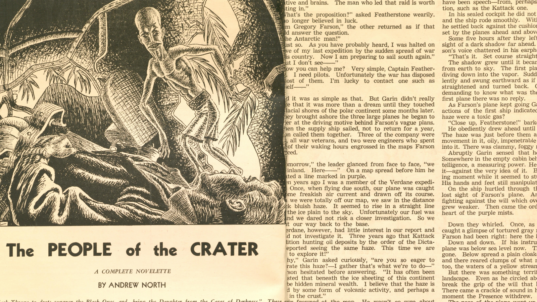
For a good many years, when I was in the library, they would not buy science fiction and fantasy books, because those were considered trash… So I fought and fought to get them on library lists.” -Andre Norton (Dream Makers Volume II: The Uncommon Men & Women Who Write Science Fiction, 1983) The first woman …
Read More
When it comes to people with disabilities, Christians need to rethink what it means
to be “fearfully and wonderfully made.”



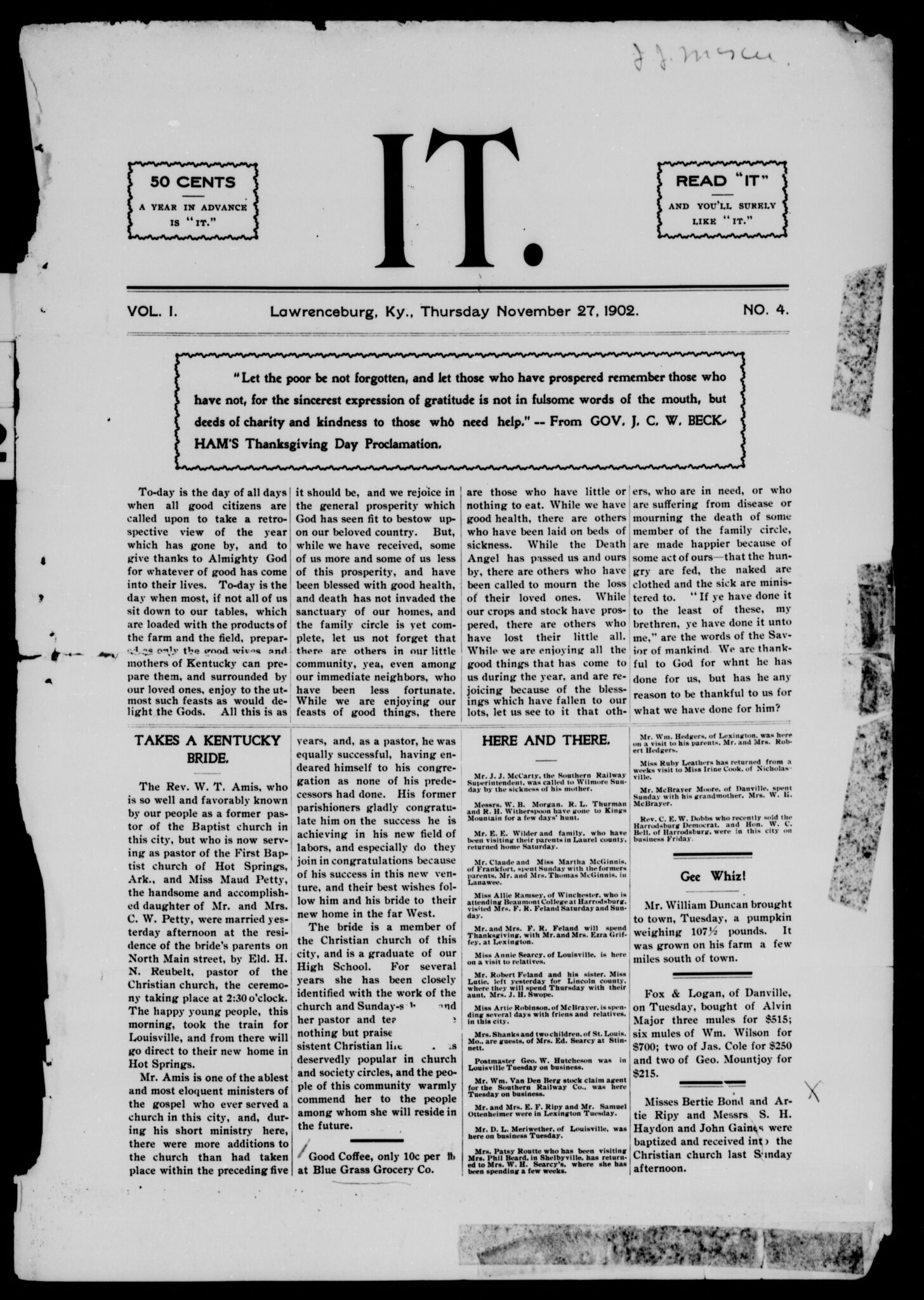
This blog post rounds up some favorite newspaper titles we’ve come across in working with the collections.
Read More
According to a recent article, “Gender reveals are a testament to how society is squeezing children into one of two predetermined gender boxes before they are even born.”
Read More
Author of two nonfiction books about Kennedy, L. D. C. Fitzgerald’s ‘Saving Jackie K’ is a science fiction odyssey with a time traveler twist on the biggest conspiracy theory of modern times. In this riveting tale, fact and fiction collide to solve the greatest mystery of the 20th Century. Saving Jackie K is a thrilling, intellectual journey and is the most provocative science fiction thriller that you will ever read.
Read More
The 4th of July, known as Independence Day, is a cherished national holiday in the United States, celebrating the adoption of the Declaration of Independence on July 4, 1776. This historic document marked the thirteen American colonies’ declaration of freedom from British rule, laying the foundation for the nation’s democratic ideal
Read More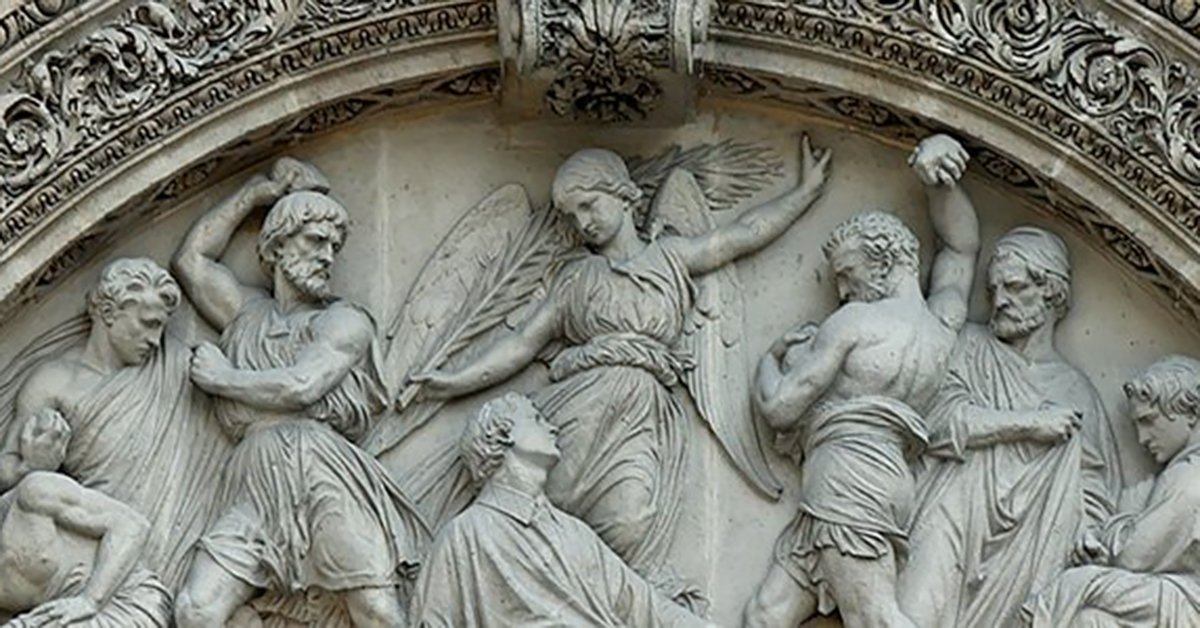
The killing of Christians because of their refusal to deny Christ has been recorded countless times since the martyrdom of Stephen in Acts 7.
Read More
Learn how to find 21st century newspapers (current newspapers) in the Serial and Government Publications Division collections. These are mostly accessible on-site only, but you can look up titles from the comfort of your own computer using our interactive lists. “How to find” is a new blog series on tips, tricks, and tools to help you navigate the collections of the Newspaper and Current Periodical Reading Room.
Read More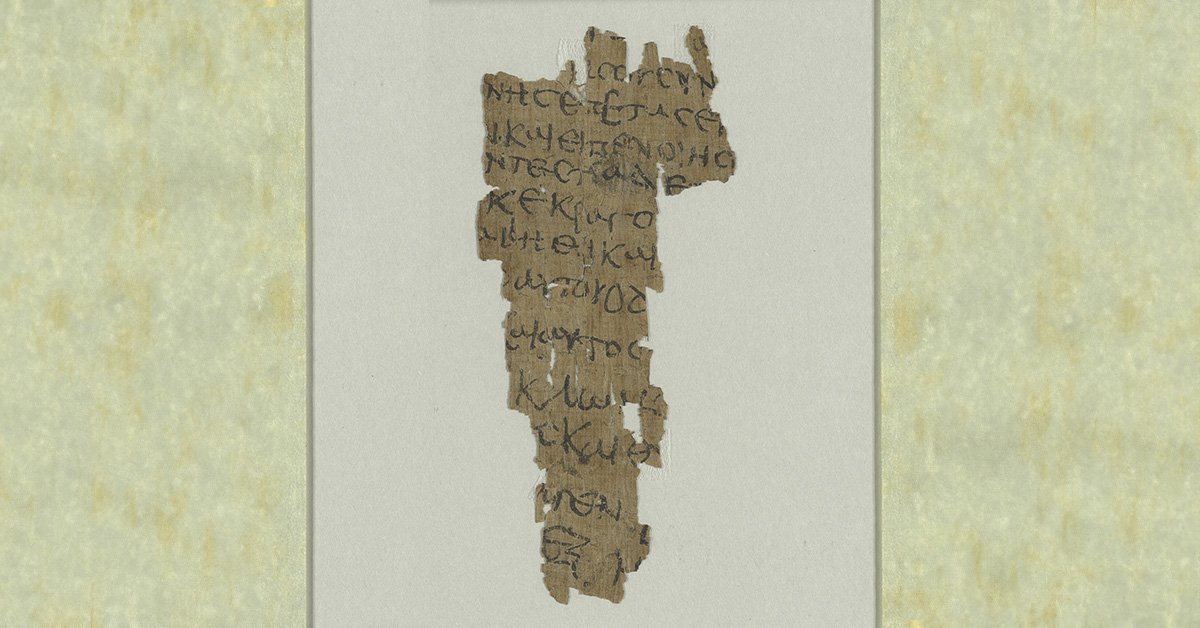
According to reports, a recent manuscript found details Jesus performing miracles as a child. How should Christians think about this find?
Read More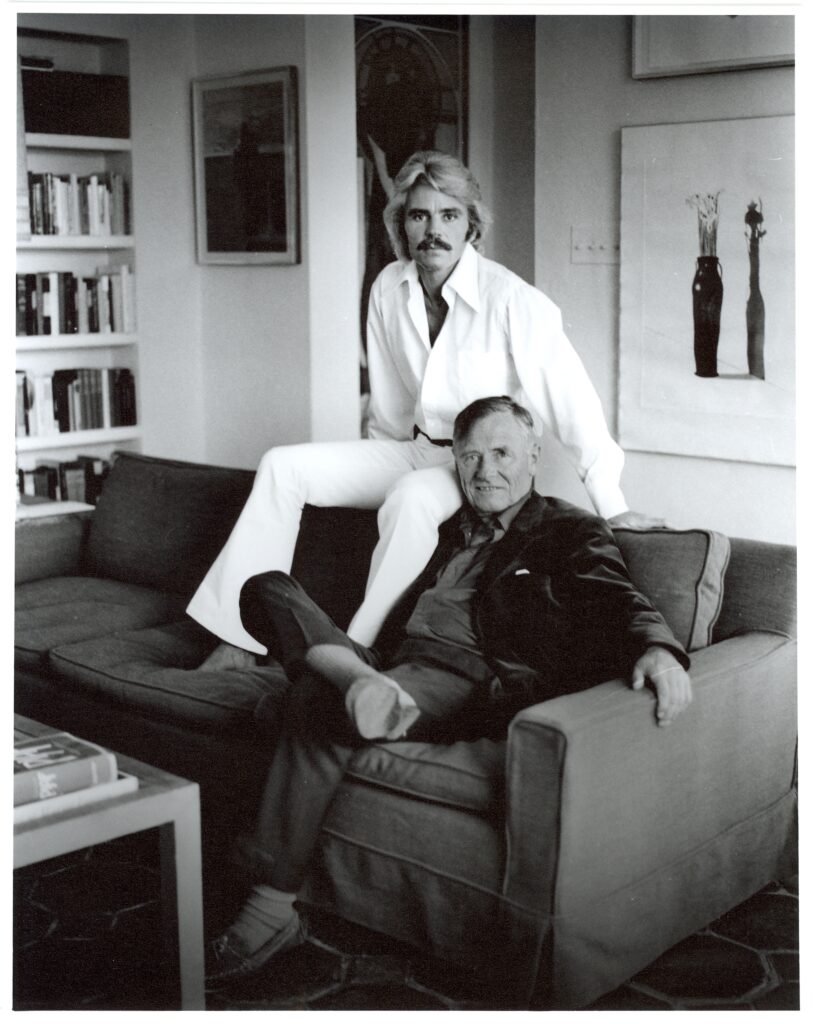
Anglo-American writer Christopher Isherwood lived in Berlin from 1929 to 1932 and observed first-hand the rise of the Nazis and the damage and terror inflicted on the famously tolerant city and its inhabitants. He drew from his journals that he kept from those years to write “Mr. Norris Changes Trains” (1935) and “Goodbye to Berlin” (1939), which would later be combined into an omnibus volume entitled “The Berlin Stories” (1945). Playful and powerful, Isherwood’s depiction of Berlin captured the imagination of later artists, whose work is also represented in the Rare Book and Special Collections Division.
Read More
Satan has always attacked children—he hates the “seed of the woman” and has always sought to steal, kill, and destroy the most vulnerable.
Read More
Many people think that it’s perfectly acceptable to allow for the abortion of disabled children in the womb simply because of their disability.
Read More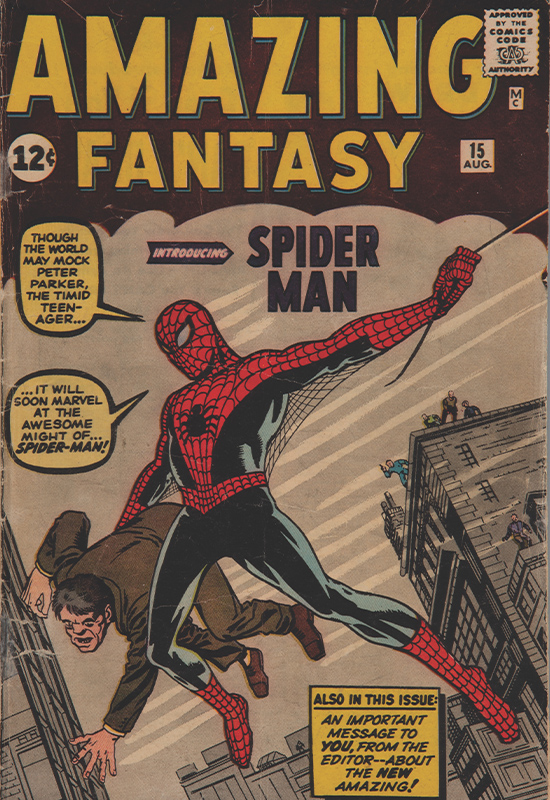
One of the Library’s many outstanding comic book holdings is the 24 original drawings by Steve Ditko for Amazing Fantasy No. 15 in August 1962, including the Spider-Man origin story. The iconic images were donated to the Library by an anonymous donor in 2008. They are included in the opening exhibit of the David M. Rubenstein Treasures Gallery.
Read More
What will the weather be like in the year 2070? Well, apparently we can know that, according to an Australian-produced app called My Climate View.
Read More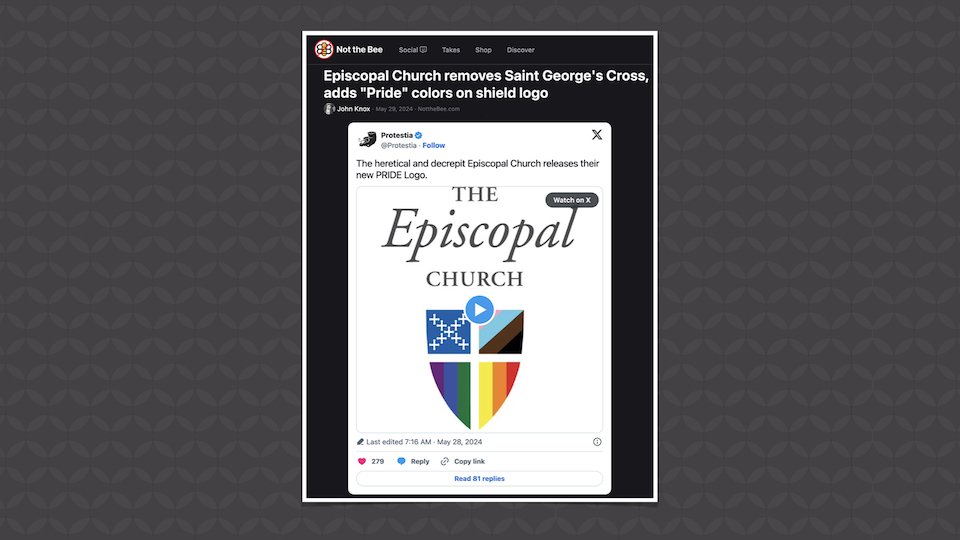
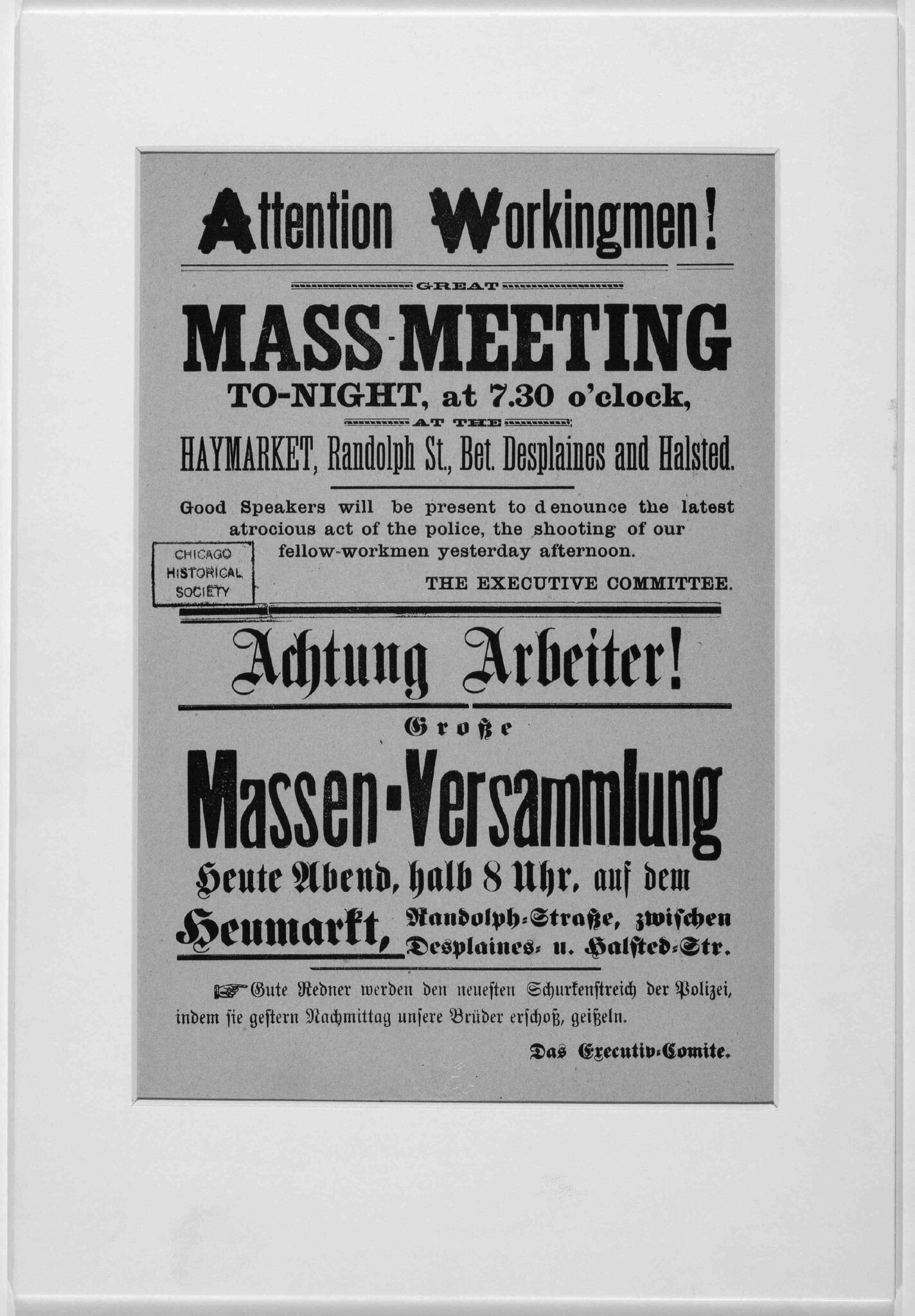
Published in 1978, Paul Avrich’s “An American Anarchist: The Life of Voltairine de Cleyre” was the first substantial biography of Voltairine de Cleyre (1866-1912), an influential member of the American labor movement at the turn of the 20th century. Donated to the Library of Congress in 1986, the biography refers to de Cleyre as “one of the most interesting if neglected figures in the history of American radicalism.”
Read More
Staff of the Manuscript and Serial & Government Publications divisions will hold a roundtable discussion with three comic studies scholars who will make brief presentations on current research, and discuss psychiatrist Fredric Wertham’s anti-comics legacy.
Read More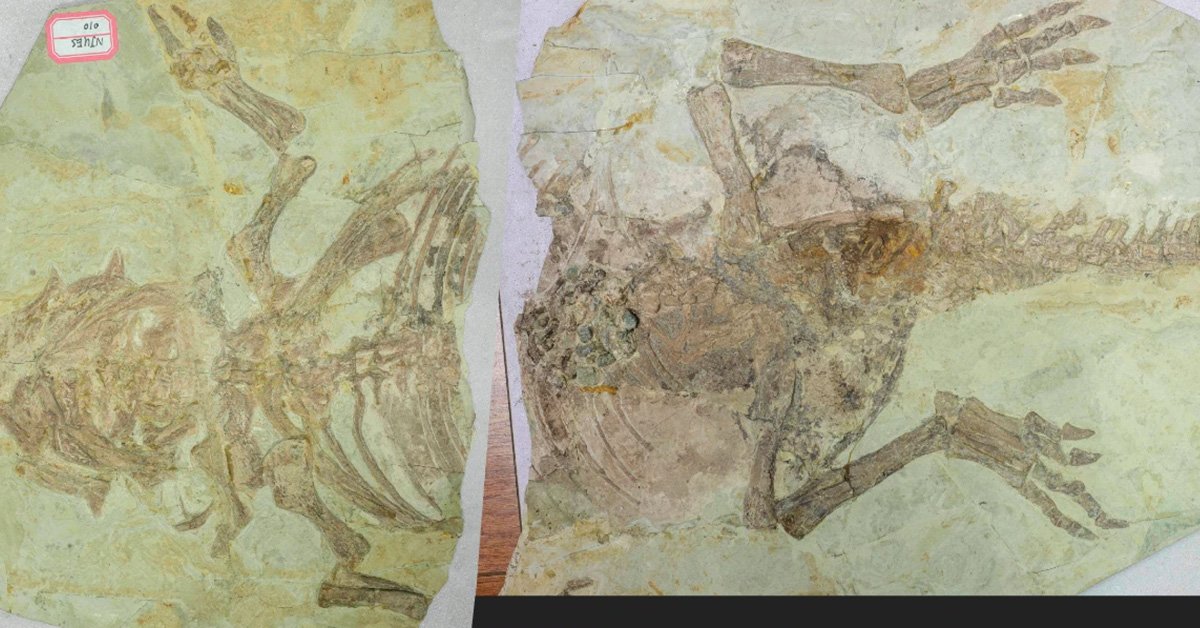
Has a new study on Psittacosaurus really proven that so-called feathered dinosaurs had both reptile and birdlike skin?
Read More
Genesis 1:27 says God made them “male and female.” People can’t wish away this fundamental physical reality—and that’s a good thing.
Read More
In an interview on what George Barna sees as the biggest threats to our churches, he said “We’ve reached a time of Christian invisibility.” What does that mean?
Read More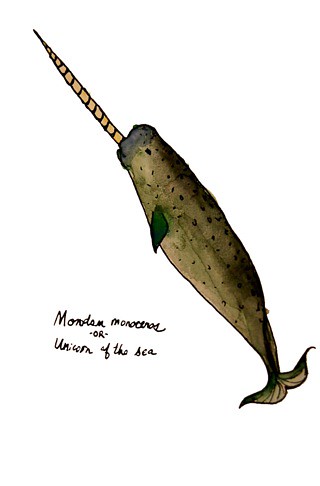

In honor of AAPI Heritage Month, we are highlighting some of the many Asian American and Pacific Islander comic book creators, writers, and characters that can be found in the Library of Congress’ vast comic book collections.
Read More
Are our cities, roadways, waterways, and more driving “a new kind of evolution” across animal species?
Read More
Researchers found a fossilized brittle star “frozen in time” during the brief period between splitting and full regrowth of its missing body half.
Read More
The evolutionary model is not clear about when flowering plants arrived on earth. Evolutionists remain unsure when the angiosperms emerged.
Read More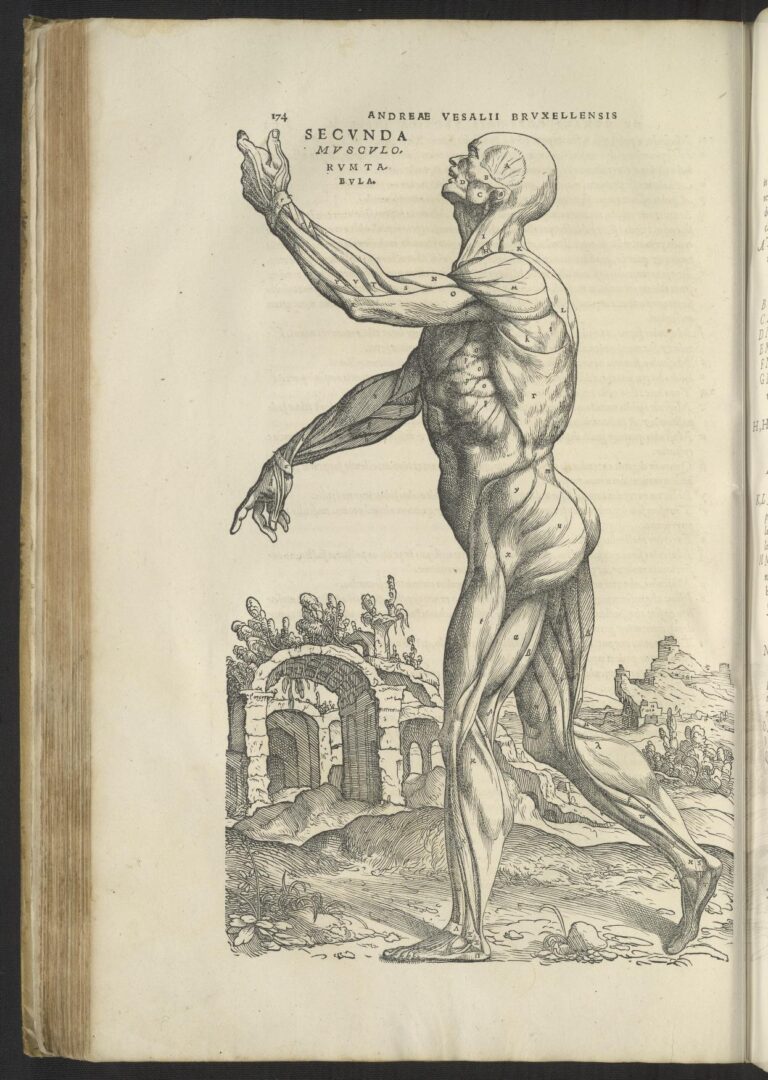
Printed in Basel in 1543, Andreas Vesalius’ De Humani Corporis Fabrica is considered to be the first “modern” medical book that emphasizes clinical observation over a dependence on ancient texts. The Library of Congress has recently digitized its copy of De Fabrica, which was part of the generous gift of Lessing J. Rosenwald to the nation.
Read More
The case of UCYN-A is an interesting one but does not represent what pop-sci articles claim.
Read More

Scientists claim some bacteria have been resurrected after hundreds of millions of years. But what’s really happening?
Read More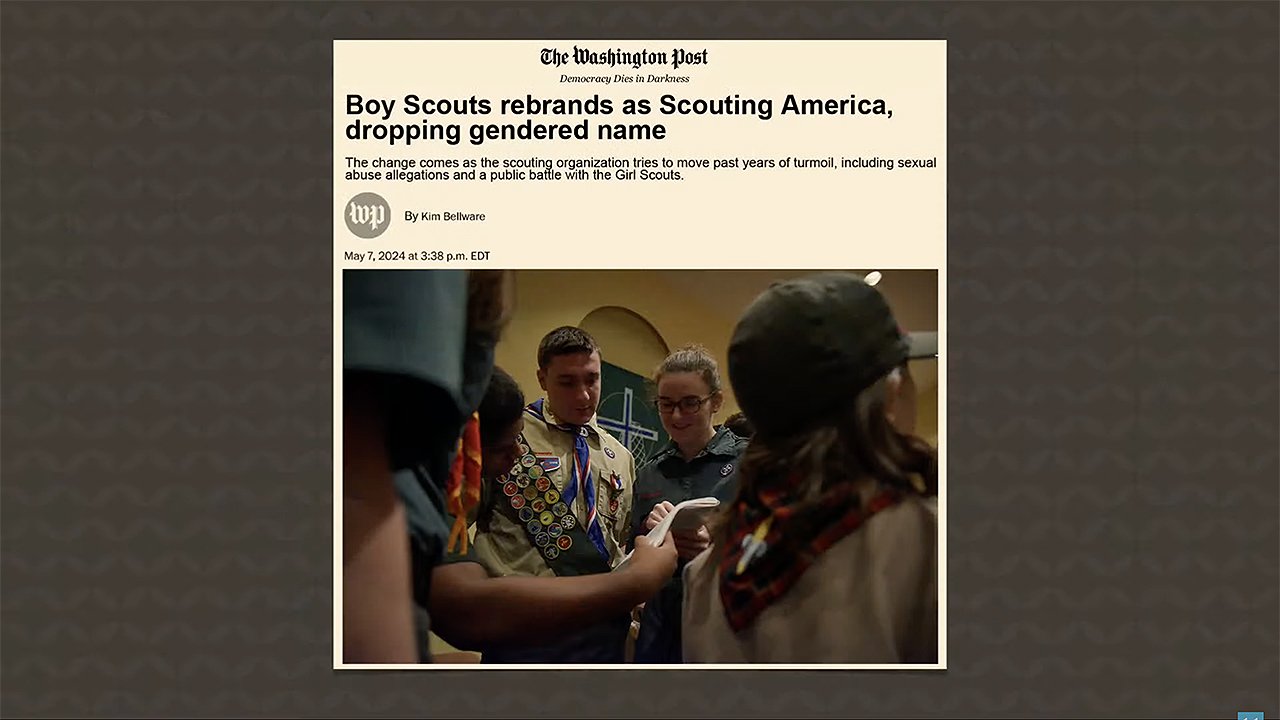
It was announced that the Boy Scouts of America is changing its name to Scouting America in a move to “be more welcoming of the entire scouting community.”
Read More

The James Webb Space Telescope is in the news again because it keeps finding things about galaxies that astronomers and astrophysicists did not expect.
Read More
The Smoky Mountains offer much more than breathtaking vistas and vacation getaways. The hills testify to God’s creation of the world and the global Flood.
Read More
A recent news item looked at IVF, abortion, and eugenics in connection with the recent Alabama Supreme Court case.
Read More
Colorado law is all too happy to let medical staff prescribe the “abortion pill” (RU-486) to their patients, but it’s not so willing to allow for reversal.
Read More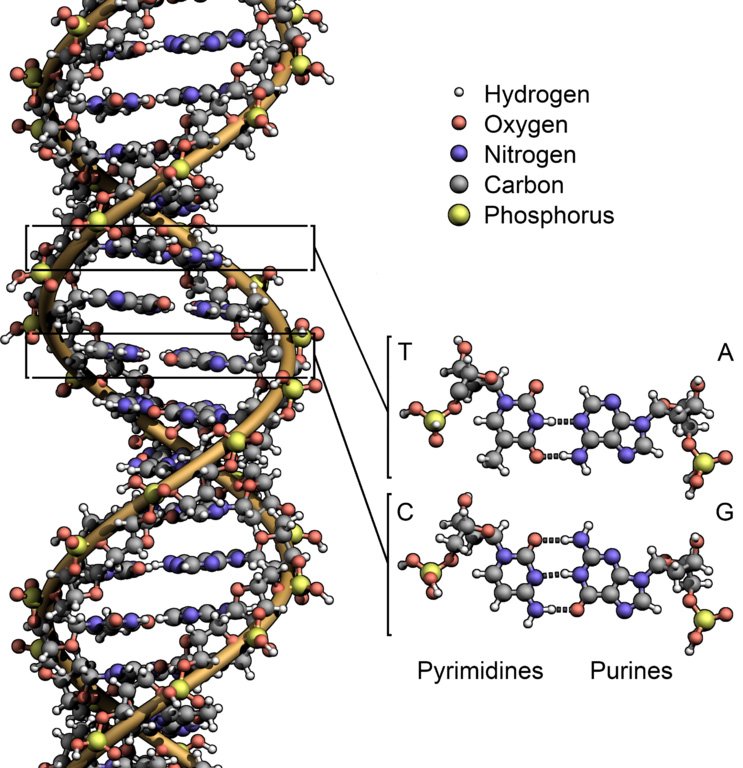
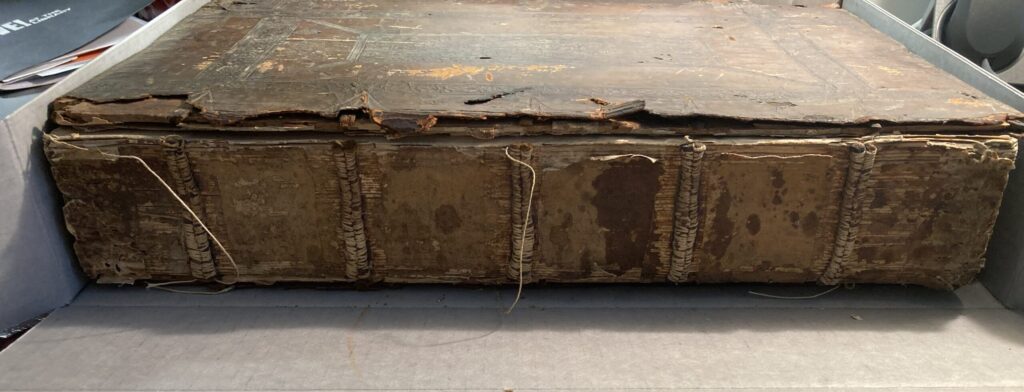
In 1546, Charlotte Guillard (ca. 1485–1557) owned one of the most prestigious printing houses in Paris, the Soleil d’Or, and that year she printed an impressive, updated edition of the letters of Saint Jerome under her own name. The editor and commentator of this particular book, however, was the famous Dutch humanist Desiderius Erasmus (1468?-1536), whose published annotations on Jerome had been censured by the Venetian Inquisition and the Index of the University of Paris two years prior.
Read More
A recent article made the bold claim that feathers are one of evolution’s greatest inventions. But what proof did they offer?
Read More
A recent news article sported the bold claim that evolution in action was recently observed in island bats.
Read More
Praise God for parents and organizations in Queensland for coming together and actually keeping their children’s “safety” and “wellbeing” in mind.
Read More
Contrary to common misconception, the medieval church did not teach that the earth was flat, and there are many ways we know that the earth is spherical.
Read More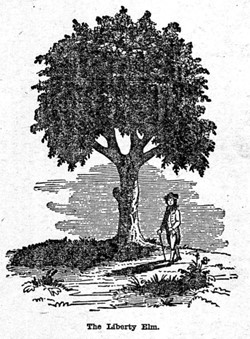
The following is a guest post by Donnie Summerlin, a Digital Projects Archivist at the University of Georgia Libraries in Athens, GA, and by Kerry Huller, a Digital Conversion Specialist in the Serial and Government Publications Division at the Library of Congress. The University of Georgia is the National Digital Newspaper Program awardee for the state of Georgia.
Read More
This post explores the life and work of Chester Himes (1909-1984) and his friendship with fellow African American author Ralph Ellison (1914-1994), as evidenced by Himes’ books in Ralph Ellison’s personal library.
Read More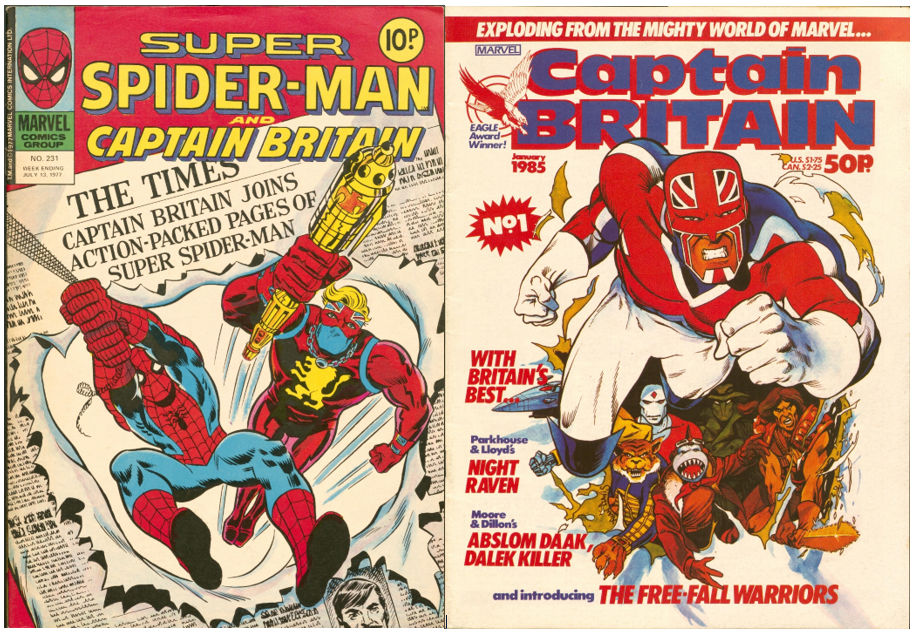
To celebrate the 50th anniversary of the British Library, the Serial and Government Publications Division displayed some related comic book content on Captain Britain, Miracleman, Neil Gaiman, Alan Moore, and Winston Churchill.
Read More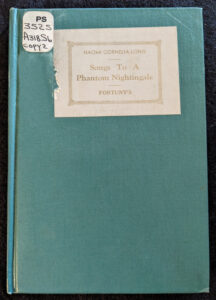
This post explores the life and work of poet, teacher, and publisher Naomi Cornelia Long Madgett (1923-2020), particularly her creative output and influence on publishing African American poetry.
Read More